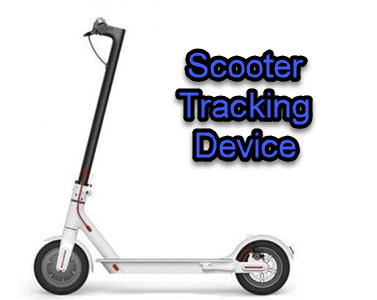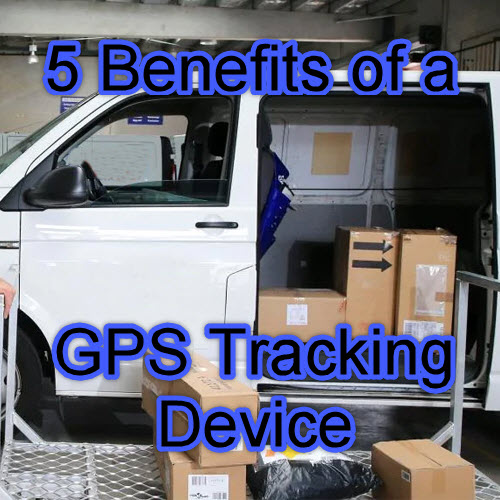Is It Legal to Track Someone Using GPS in Australia?
What are the privacy laws related to GPS tracking?
Do I need consent to install a GPS tracker on a car?
Well..
Australia does not have a unified federal law governing GPS tracking. Instead, each state and territory has its own legislation, mostly under Surveillance Devices Acts or Workplace Privacy Acts.
While NSW and ACT have the most clearly defined GPS tracking laws, other states and territories also have relevant statutes or general privacy protections.

Consent – The Key to GPS Tracker Legality
Using a GPS tracker—whether for tracking employees, partners, or vehicles—without consent is generally unlawful.
Consent may be:
- Express: Signed agreement or written policy acknowledgement, such as an employment contract.
- Implied: Passive acceptance, such as knowingly using a tracked company vehicle with visible notice that it’s location is being monitored.
Employers must:
- Provide written notice (e.g., 2 weeks in NSW)
- Specify type, method, timing, and scope of surveillance
- Display visible signs that tracking is in place
- Use data only for legitimate business purposes
State-by-State GPS Tracking Laws
NSW – Workplace Surveillance Act 2005 – Legislation Link
- 2 weeks written notice required
- Must specify type, method, timing, and scope
- Consent required
WA – Surveillance Devices Act 1998 – Legislation Link
- Employee consent is mandatory
- Recording private conversations is prohibited
- Fines up to $50,000
VIC – Surveillance Devices Act 1999 – Legislation Link
- Implied or express consent required
- Data sharing is restricted
- Penalties: $180,000 (companies), $37,000 or 2 years prison (individuals)
NT – Surveillance Devices Act 2007 – Legislation Link
- Tracking without consent is illegal
- Penalties up to $68,750 or 2 years imprisonment
ACT – Workplace Privacy Act 2011 – Legislation Link
- Employers must give notice including type, timing, and frequency
- Fines up to $5,000
QLD – Invasion of Privacy Act 1971 – Legislation Link
- No specific GPS tracking laws
- Focuses on listening devices
TAS – Listening Devices Act 1991 – Legislation Link
- GPS tracking not specifically regulated
- Focuses only on listening devices
Conclusion TLDR
GPS tracking is legal in Australia when done in accordance with state laws and with proper consent.
Consent may be as simple as writing the terms into the employment contract.
Employers and individuals must understand the specific legal requirements in their jurisdiction.
As of 2025, clear GPS tracking laws exist in NSW, WA, VIC, NT, and ACT. Queensland and Tasmania do not have legislation specific to GPS tracking.
Disclaimer: GPS tracking laws in Australia are designed to protect individuals’ privacy and ensure lawful surveillance. Always confirm with local laws and seek legal advice where appropriate.




Pingback: Car Tracking Device can help save your business??
Pingback: The sneakiest top 10 road rules - GPYes Tracking Solutions
Pingback: Vehicle Tracking Systems Australia - 🛰️ GPYes Tracking Solutions 📡